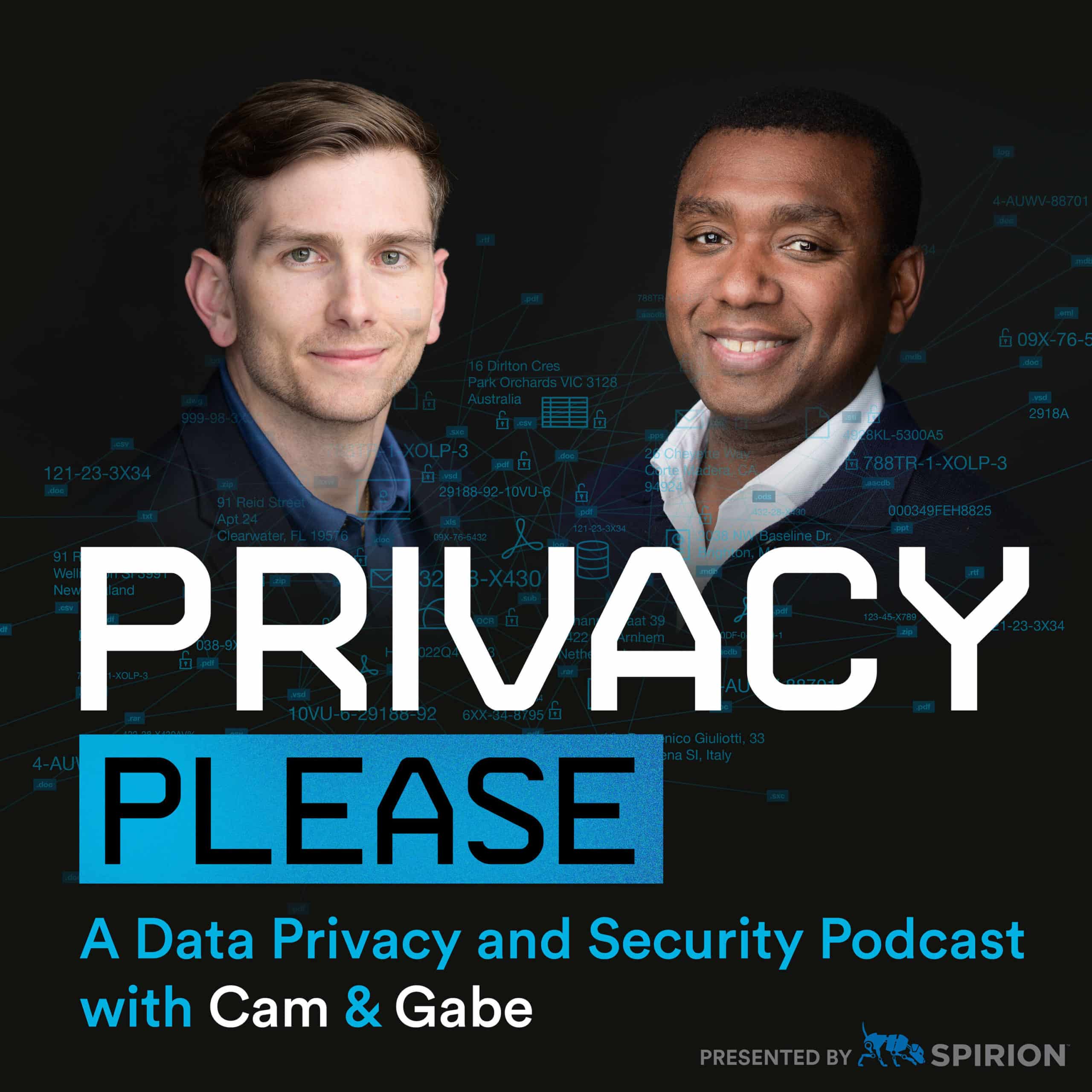This week’s guest, Stuart Brotman, has played many roles in his career and brings a unique perspective to our conversation. Brotman was a founder of the National Telecommunications and Information administration, which is part of the Department of Commerce. He worked as outside counsel for Rolls Royce, taught at Harvard Law School, and is currently a fellow at Woodrow Wilson Center for international scholars in Washington.
Here are the highlights from this week’s episode:
Kitchen Table Conversations
Because more people who live together are spending more time at their dining tables or in their living rooms due to the pandemic, Brotman says now is a great time for what he calls “privacy at the kitchen table.” Many families have never had real, serious discussions about how they use various devices, what they do on the home network, and what kind of protections they have on their devices. With the increased melding of work, school, and home, one family member’s choices affect others in the home even more than before. He recommends that families blend privacy and security discussions into conversations about things that affect our lives — getting a job, going to school, or obtaining medical services. Because all these tasks and opportunities sit on a digital platform, data privacy is a current that runs throughout all aspects of our lives.
Getting America Online
“Because of COVID-19, we really need to be online to survive — health information, work, kids going to school. But about 10% of the country is not online, and we need to think about how we get everyone online, and then how that implicates various privacy protections.”
– Stuart Brotman
How Politicians should Address Digital Privacy
Brotman says that while many politicians talk about data privacy, their discussions are usually focused on specific pieces or types of legislations. He feels that the conversation from politicians should be much more holistic in nature, and that government should be addressing data privacy with a multidimensional approach, including a focus on social and cultural issues at play today.
He shares the example of driving under the influence of alcohol, which has been recognized in the U.S. in the last few decades as a serious problem. The federal government made numerous changes, including raising the drinking age and creating a national standard for blood alcohol levels. However, real change occurred when many other actions were taken – local governments got funding for breathalyzers, MADD organized in many states, and Uber and Lyft provided people with an easy option if they were intoxicated.
Brotman explains that data privacy is in a similar situation — with the government only being able to control a limited amount of the issues. He says that other aspects must be dealt with outside of laws and that we, as an industry, need to be looking for many ways to try to solve the problems.
Town Hall Meetings
“Legislators and their staff often say ‘Let’s try to write a bill,’ but they don’t always get input from the stakeholders, companies, lobbyist, and people. I’ve never seen a town hall where people from the community ask the candidate about digital privacy. I would love to see a virtual town hall with those in office and those aspiring be in office saying, ‘Let’s have a digital privacy conversation.’”
– Stuart Brotman
Why We Need a Revenge Porn Law
Recently, California Congresswoman Katie Hill was forced to resign when her ex-husband posted images of her online. This event brought to light the lack of a national “revenge porn” law. While 41 states and the District of Columbia have versions of a revenge porn law, the scope varies greatly — some designate such activities as felonies, some are misdemeanors, some incur small fines, and other have very large monetary fines. He says that this issue ties into sexual discrimination since it disproportionately affects women. He shares that he thinks that national revenge porn legislation would be bi-partisan and likely not very controversial.
Enforcing Data Privacy Regulations
“We haven’t really gotten our arms around the enforcement aspect in the U.S., as we’ve seen done with the GDPR in Europe. The challenges of enforcement are going to become more, because government will have less money to allocate because of our deficits and spending money on public health and post-pandemic activities.”
– Stuart Brotman
FOUND IN Data Privacy



